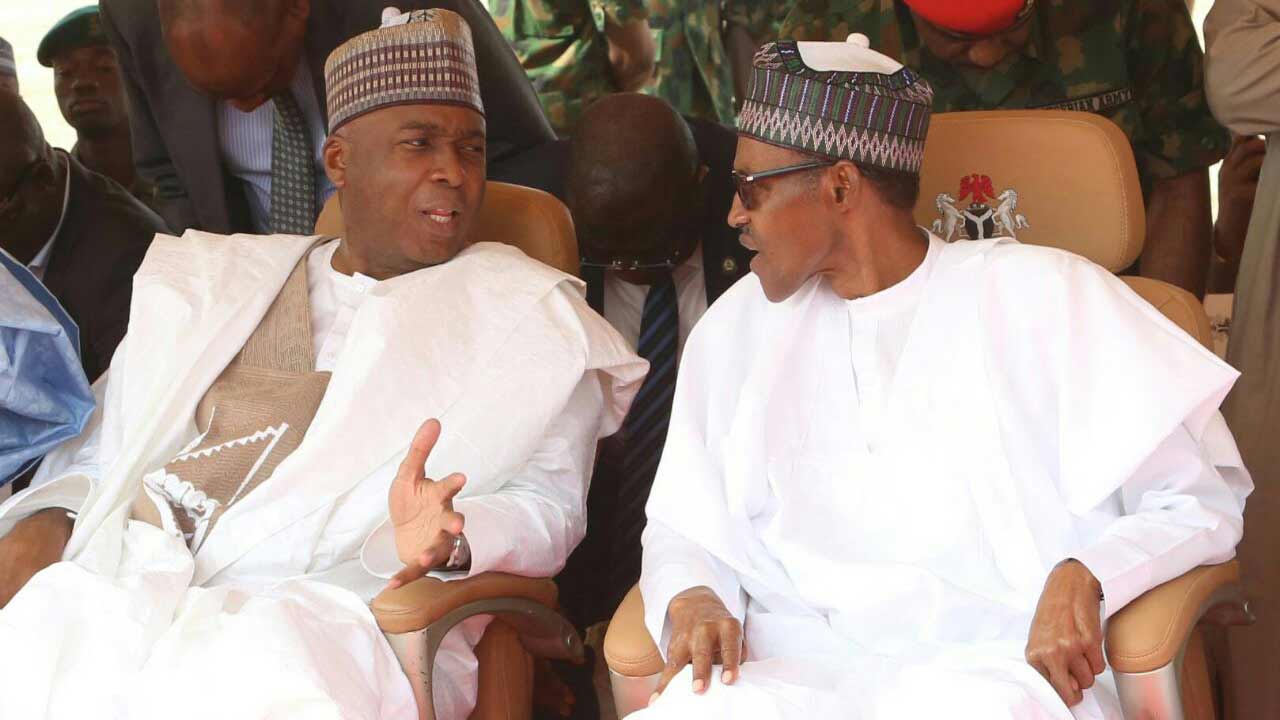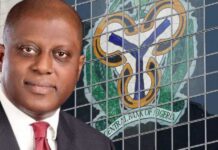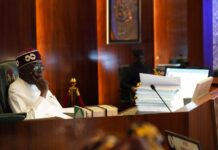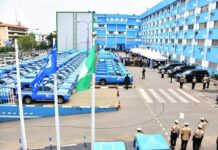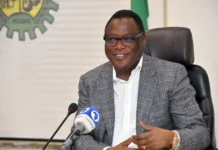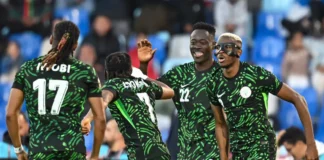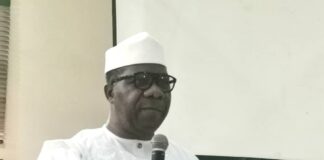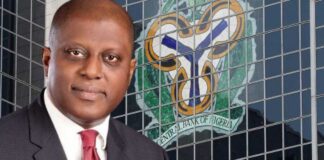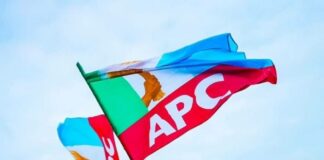Senate President and the Peoples Democratic Party (PDP) presidential aspirant, Bukola Saraki has stated that though Nigerians voted for President Muhammadu Buhari in 2015 but a cabal has taken over in the administration of the country.
The former governor of Kwara State said this when he visited members of the party in Oyo state, to solicit support ahead of the primary election.
Saraki alleged that Nigeria lacked the progress it deserved because voting patterns were determined by religion, language and ethnicity.
“Over the years, we have made mistakes in electing people based on sentiment. Yes, it is time we corrected it,” he said.
“We will correct it because we are capable. Over the years, we have voted for people based on religion, the language they speak and where they came from in Nigeria. We need people who have the courage, capacity, ability and determination.
“I have shown over the years, particularly in the recent years that one has the opportunity of leadership, that I have the capacity to take Nigeria forward. The countries that have done well did so not by bringing leaders by chance but because they looked for capable leaders. It is time to pick such a leader.
“The President we have now does not understand leadership. We have endured him for more than three years but it is the same thing. Nigerians voted for him but a cabal is ruling the country. That is not what democracy means. This time, let us look for who can do it. In Nigeria today, we do not have unity. What we need in the present world is a digital President.”
Saraki also revealed that some of the world leaders who visited Buhari left after few hours because their host did not understand their mission or contributed to the discussion as expected.
“When your president sits with world presidents, he should be able to understand what they are saying,” he said.
“That is why presidents who have visited the country did not stay more than a few hours. But when they know that their host understands them, they will stay longer and explore investment opportunities in Nigeria.”

